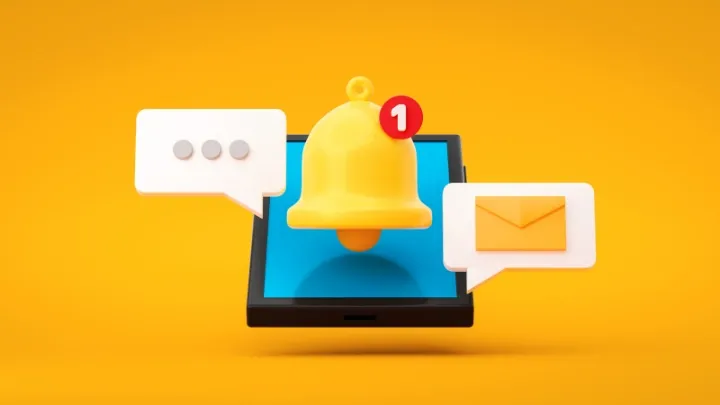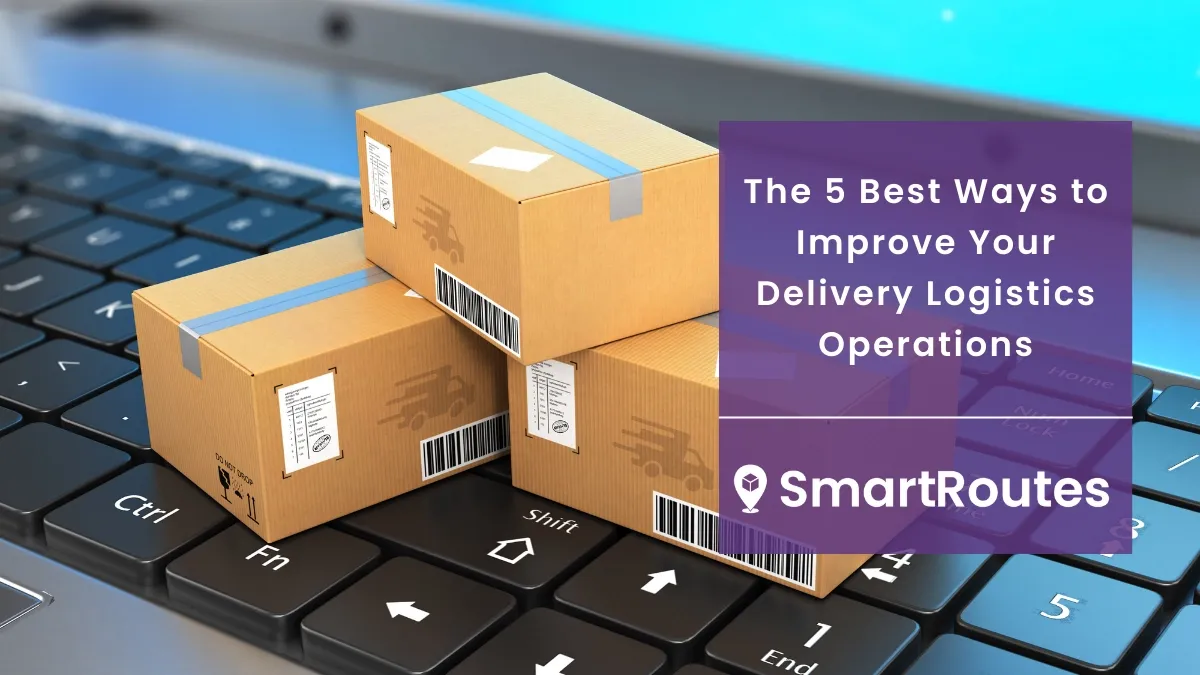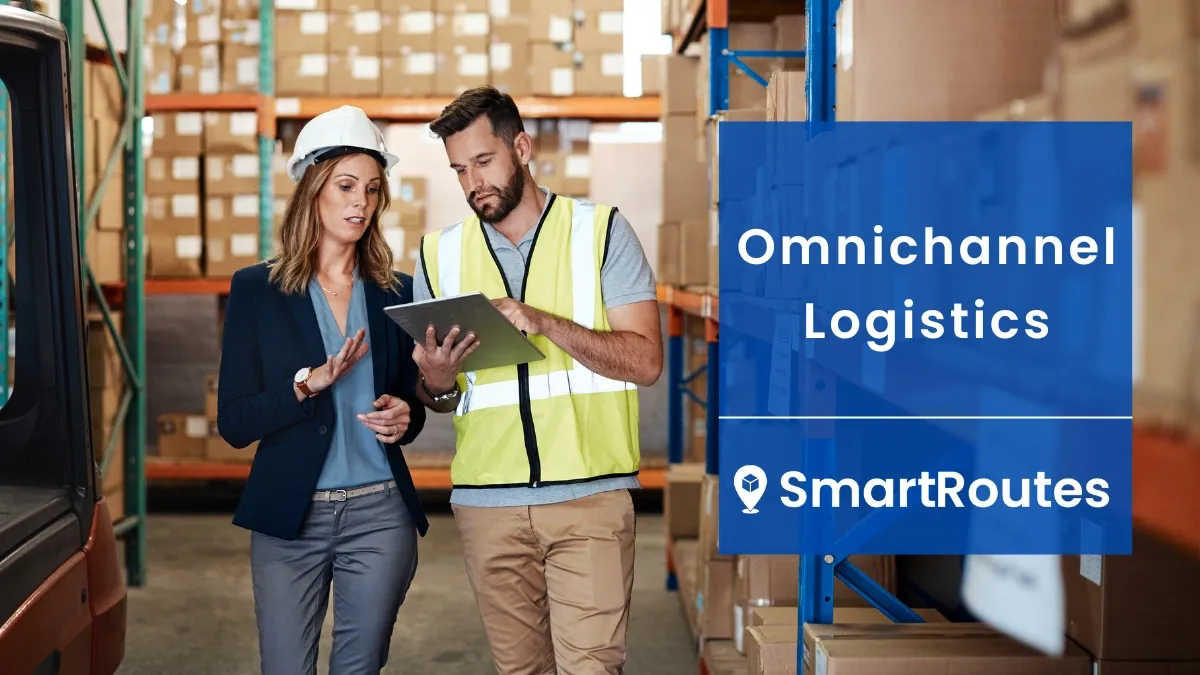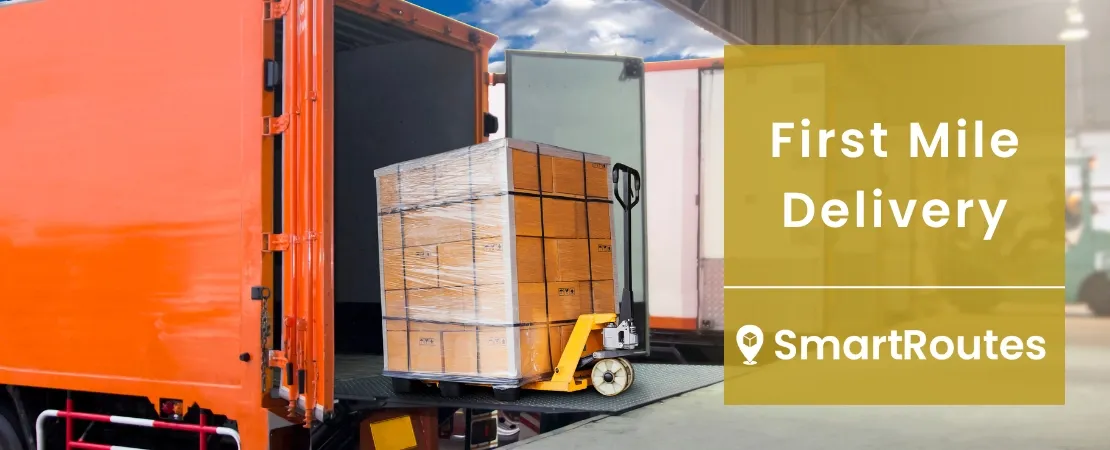In the logistics industry, much emphasis is placed on last mile logistics, where packages reach customers’ doorsteps. However, the journey of a product actually begins well before this final hand-off. The first mile of delivery is a critical yet often overlooked part of the supply chain that can make or break efficiency, cost-effectiveness, and customer satisfaction in the end stages.
In this post, we’ll explore first mile delivery, why it matters, and how businesses can optimize it with tracking and smart technology to drive success.
The First, Middle and Last Mile Explained
The journey from product creation to customer delivery can be broken down into three main stages:
1. The First Mile
The first mile involves moving goods from where they’re manufactured to a warehouse or distribution centre, marking the start of their journey. This stage is essential as it sets the foundation for efficient product movement through the entire supply chain. Any delay or error in the first mile can disrupt later stages, impacting delivery times and customer satisfaction.
SmartRoutes Route Planning Software
Streamline your entire delivery process, all from one platform

2. The Middle Mile
In the middle mile, goods are transported from a warehouse or distribution center to a store or another regional warehouse. This phase is typically where bulk items are moved, often in larger quantities. Efficiently managing the middle mile ensures products are ready and available for the last stage, whether headed to a retail location or directly to customers.
3. The Last Mile
The last mile represents the final leg of delivery: getting goods to the customer. It’s the customer-facing stage and is often regarded as the most expensive, requiring individual packages to be delivered on time and in good condition. Last mile efficiency is crucial for customer satisfaction, influencing repeat business and brand reputation.
What is First Mile Logistics?
First mile logistics includes everything needed to get products from the manufacturing site to the first distribution point. Effective first mile logistics means reliable tracking, well-organized inventory, and quick, efficient transportation. Because the first mile is not customer-facing, it’s often overlooked. However, without efficient first mile logistics, businesses risk delays, increased costs, and negative impacts on last mile delivery. This makes first mile optimization crucial for the entire supply chain.

The Importance of First Mile Tracking
Effective first mile tracking is fundamental for businesses looking to optimize their logistics process. Here’s why:
1. The First Mile Is Often Overlooked
The first mile often receives less attention compared to the last mile because it isn’t customer-facing. However, errors or inefficiencies in the first mile can cause delays that cascade down the line, disrupting timelines and inflating logistics costs.
2. Lack of Tracking Leads to Limited Oversight
Without robust tracking, businesses have limited insight into the efficiency of their first mile processes. Tracking provides essential visibility, enabling businesses to monitor timelines, identify potential bottlenecks, and respond to any issues before they disrupt the supply chain.
3. Streamlined Customer Communication
For companies managing logistics on behalf of clients, such as third-party providers, first mile tracking offers a streamlined way to communicate delivery statuses. By maintaining transparency and providing regular updates, businesses can improve trust with clients and ensure all stakeholders remain informed.

Optimizing First Mile Delivery Logistics
To make the first mile as efficient as possible, businesses can focus on three main strategies:
- Adopt Smart Technology: Use technology that helps with optimal vehicle loading, route planning, and real-time tracking. This not only reduces delivery times but also ensures a low cost-per-delivery.
- Accurate Labeling: Proper labeling reduces the risk of errors in picking, packaging, and shipping, especially in the first mile. Consistent labeling also ensures that products are correctly loaded for transport, helping to prevent delays down the line.
- Software Integration: Integrated software solutions streamline processes by connecting various systems within a logistics operation. When tracking, inventory management, and routing software are synchronized, businesses gain a more comprehensive view of the first mile, ensuring smooth transitions into later stages.
Elevate Your First Mile Delivery with SmartRoutes
At SmartRoutes, we understand that every mile counts in the logistics chain. Our solutions empower businesses to track deliveries in real-time, optimize vehicle capacity, and improve customer satisfaction by proactively managing every phase of the delivery journey.
Join thousands of logistics teams who trust SmartRoutes for efficient, end-to-end delivery management. Try it free for 7 days and see how a strong first mile can make a difference throughout your entire logistics process.
FAQ
1. What is first mile delivery?
First mile delivery is the initial phase in the logistics process, where goods are transported from the manufacturer or supplier to a warehouse or distribution center. It’s a crucial stage, setting up the entire journey that ultimately gets products to end customers.
2. What is the first mile in logistics?
In logistics, the first mile represents the very start of the supply chain. This phase involves picking up goods from their point of origin and transporting them to storage or sorting facilities, ensuring they are positioned for efficient middle and last mile delivery.
3. How does first mile efficiency impact customer satisfaction?
Although customers don’t see the first mile, its efficiency directly impacts their experience. Delays or errors here can create backlogs, affecting delivery times. By optimizing the first mile, companies can help maintain consistent delivery schedules and improve overall customer satisfaction.
If you enjoyed this blog, you might also be interested in:





